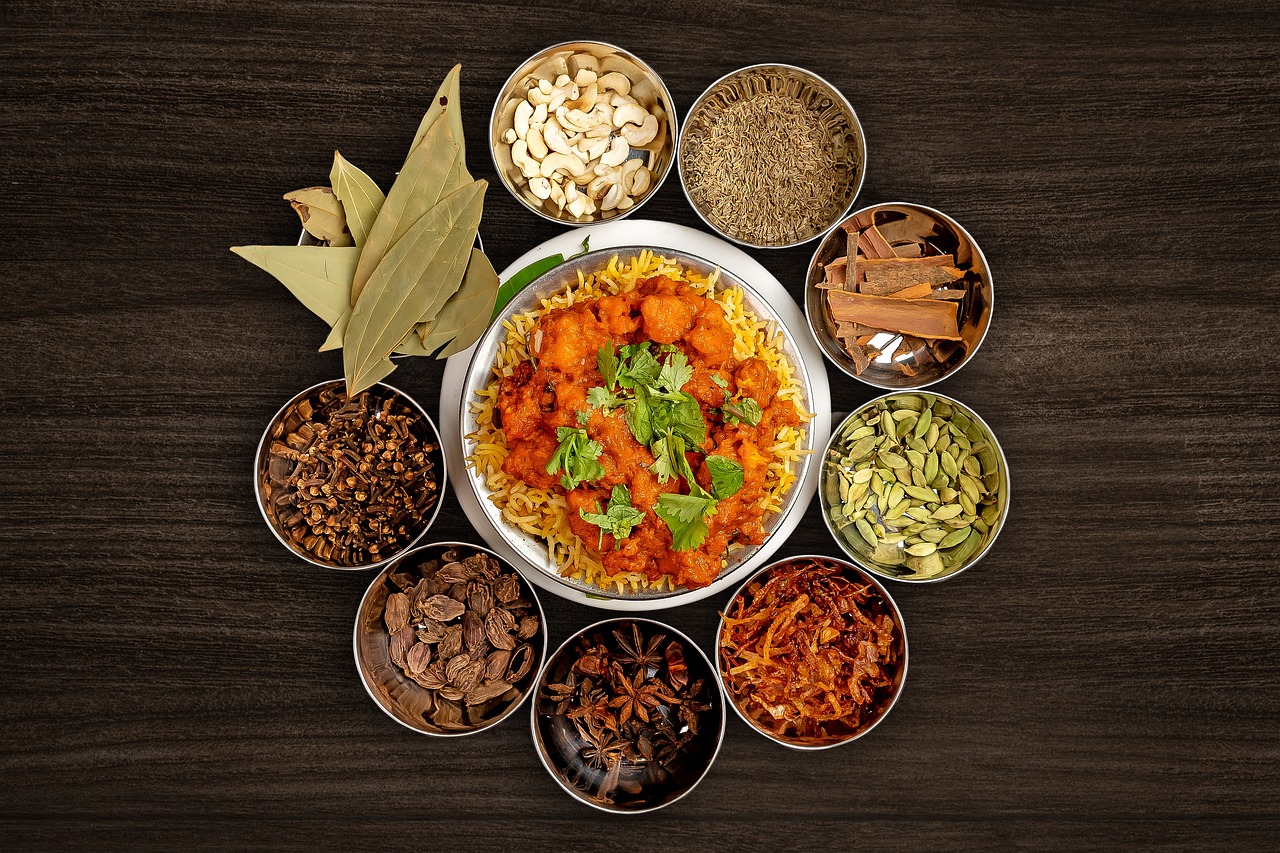The Influence of Globalization on Food Diversity
Globalization has played a significant role in expanding food diversity across the globe. With the exchange of culinary traditions and ingredients, people have access to a wide array of cuisines from different parts of the world. This cultural interchange has enriched the culinary landscape by introducing new flavors, cooking techniques, and dishes that were previously unfamiliar to many.
Moreover, globalization has enabled food to transcend geographical boundaries, allowing individuals to experience diverse tastes without having to travel far. This has led to a greater appreciation and understanding of various food cultures, fostering a sense of unity and interconnectedness among different communities. By embracing the diversity that globalization has brought to the culinary world, individuals can explore a myriad of gastronomic delights and broaden their palates.
Challenges Faced by Traditional Food Cultures
Traditional food cultures around the world are facing significant challenges due to the globalization of food markets. One major issue is the increasing availability and popularity of fast food chains and processed foods, which are often favored for their convenience and affordability, leading to a decline in the consumption of traditional, locally-sourced ingredients and dishes. As a result, traditional food cultures are at risk of losing their authenticity and uniqueness, as younger generations may be more inclined to adopt globalized food trends over traditional culinary practices passed down through generations.
Furthermore, globalization has introduced more uniformity in food choices, as popular Western dishes and fast food options have become widely available and sought after in various regions. This can lead to a homogenization of food cultures, where local flavors and ingredients are overshadowed by more dominant global food trends. As a consequence, traditional food cultures may struggle to preserve their heritage and the diversity of their culinary traditions in the face of increasing global influences.
Impact of Globalization on Local Ingredients
Globalization has brought both positive and negative impacts on local ingredients used in traditional cuisines around the world. With increased access to global markets and transportation, many local ingredients are now readily available to a wider audience, allowing for greater diversity in culinary experiences. This has provided opportunities for cross-cultural fusion and experimentation in cooking, leading to the incorporation of unique flavors and textures into traditional dishes.
However, the influx of imported ingredients has also posed challenges to the sustainability and preservation of local food cultures. Local farmers and producers may struggle to compete with cheaper imported goods, leading to a decline in the cultivation and consumption of native ingredients. As a result, there is a risk of losing traditional knowledge and culinary practices that have been passed down through generations, threatening the authenticity and uniqueness of local cuisines.
• Globalization has increased access to global markets and transportation
• Local ingredients are now readily available to a wider audience
• Greater diversity in culinary experiences due to cross-cultural fusion and experimentation
• Unique flavors and textures incorporated into traditional dishes
However, the influx of imported ingredients has also posed challenges:
• Local farmers and producers may struggle to compete with cheaper imported goods
• Decline in cultivation and consumption of native ingredients
• Risk of losing traditional knowledge and culinary practices passed down through generations
• Threatening the authenticity and uniqueness of local cuisines
How has globalization benefited food diversity?
Globalization has allowed for a greater exchange of cultural cuisines and ingredients, leading to a wider variety of foods available to consumers.
What challenges do traditional food cultures face due to globalization?
Traditional food cultures may face challenges such as the loss of traditional recipes and ingredients, as well as the influence of Western fast food chains on local eating habits.
How has globalization impacted local ingredients?
Globalization has both positively and negatively impacted local ingredients. On one hand, it has allowed for greater accessibility to a wider range of ingredients. On the other hand, it has led to the decline of some traditional local ingredients as they are replaced by more globally sourced options.







